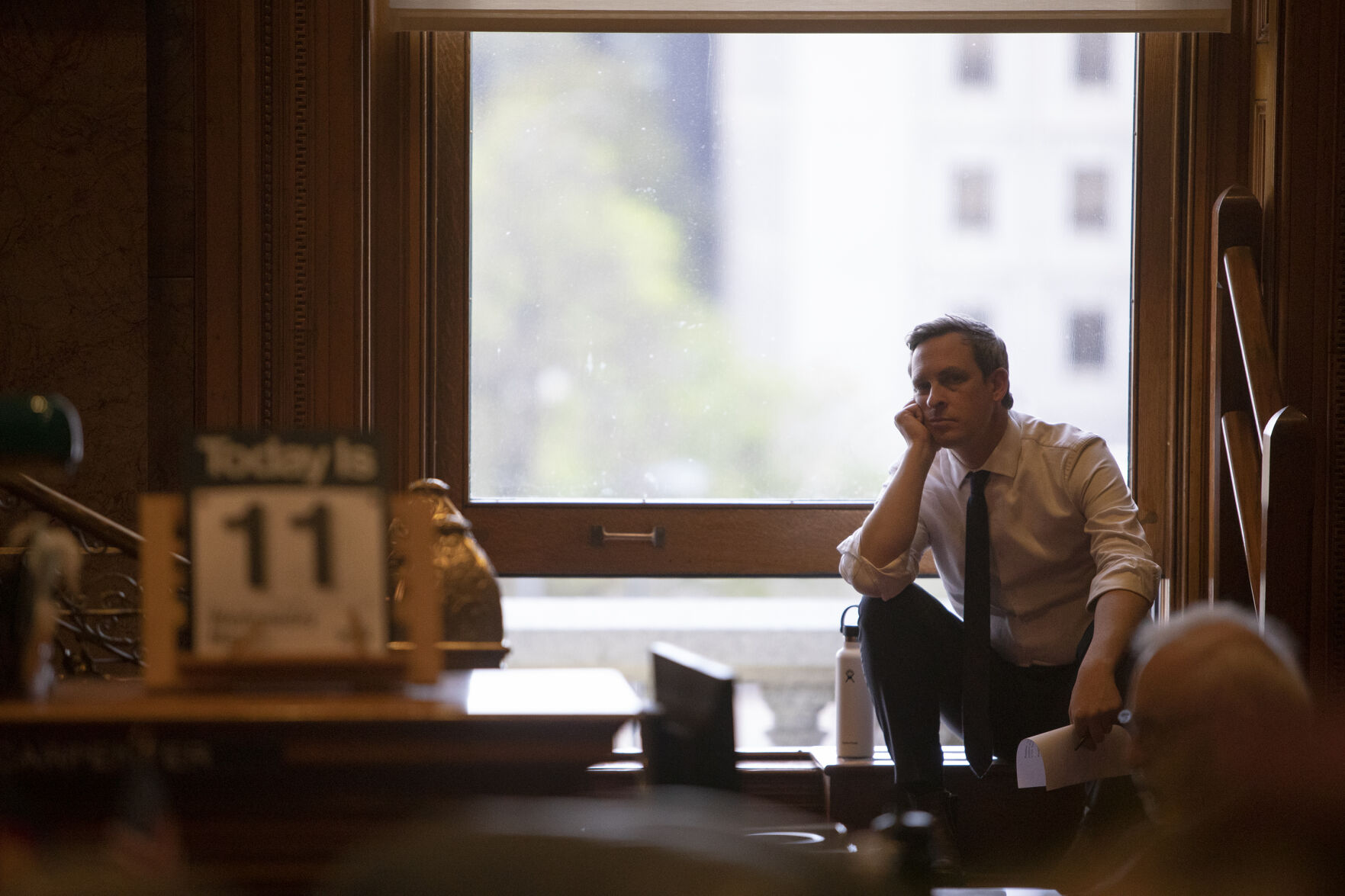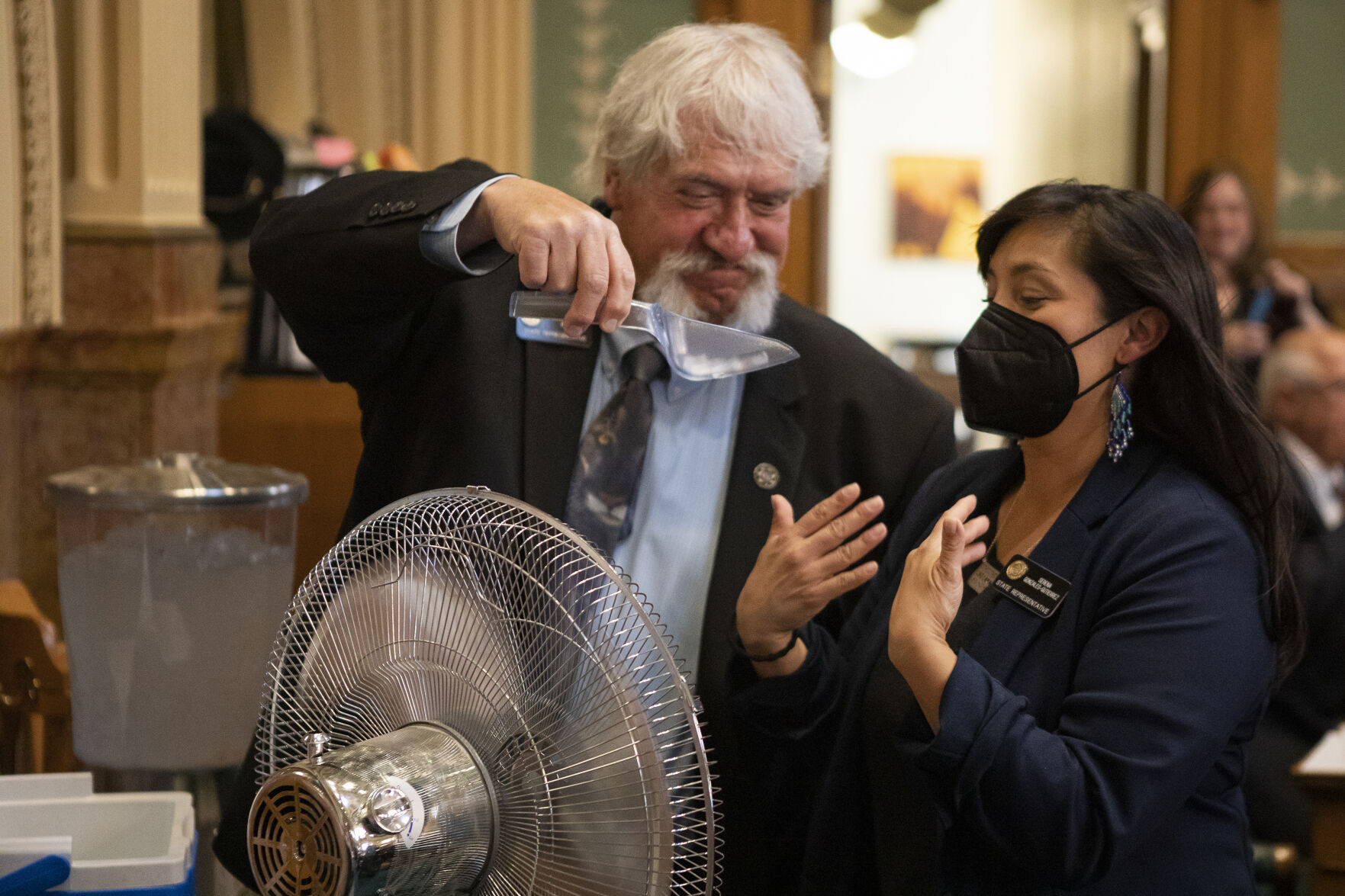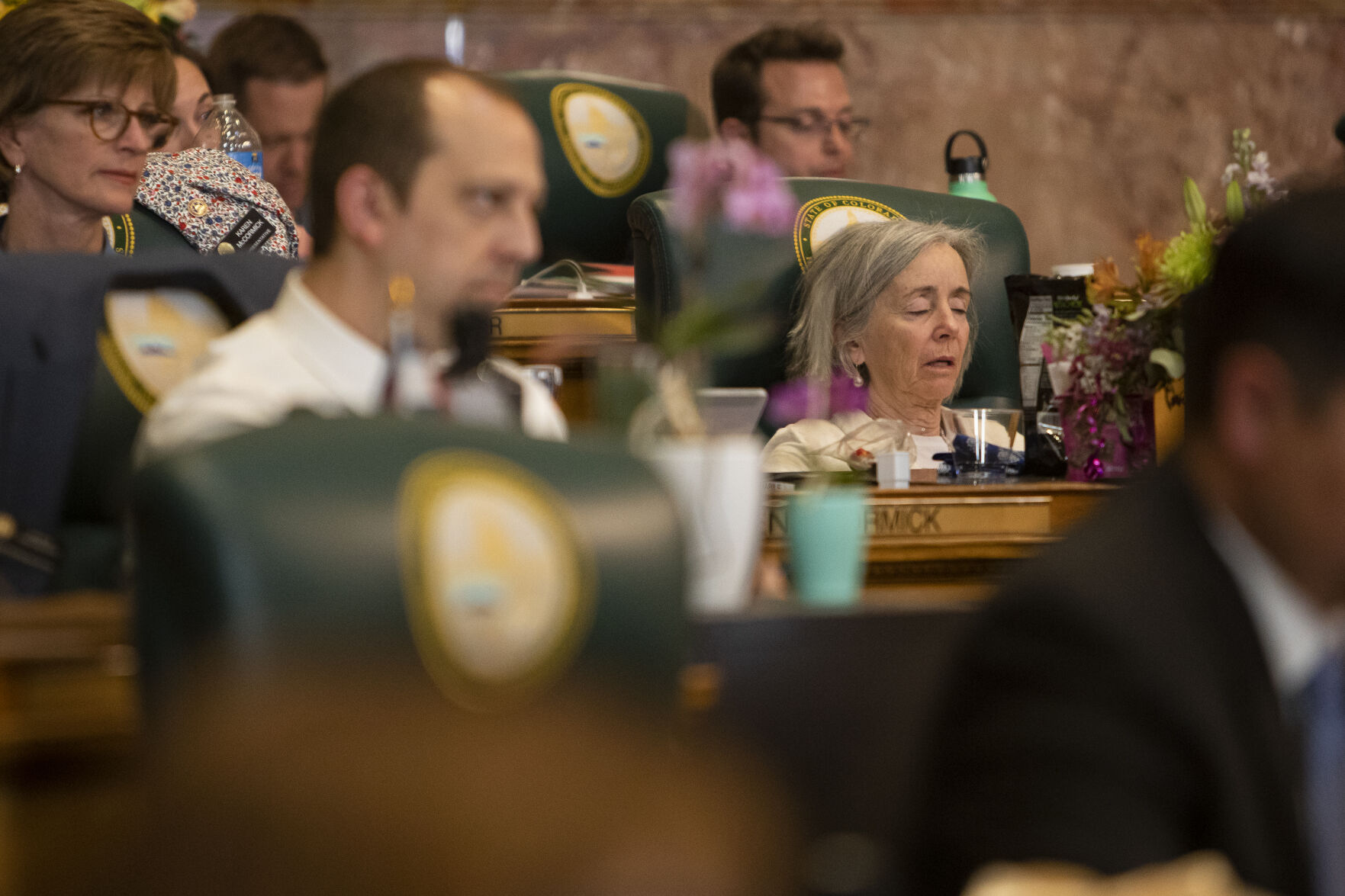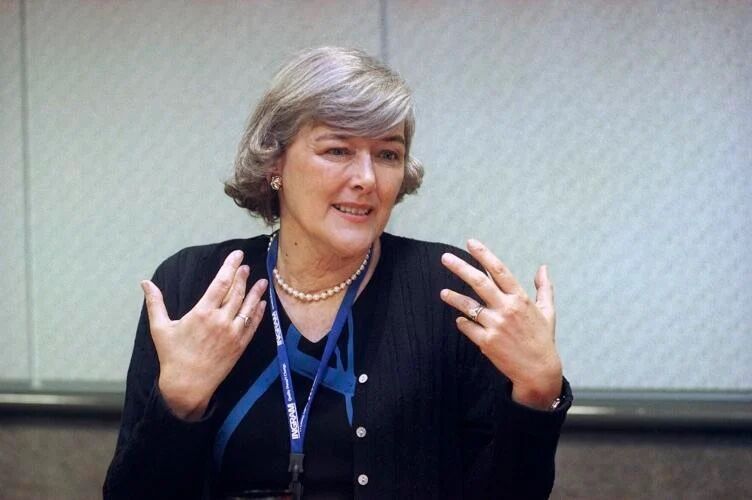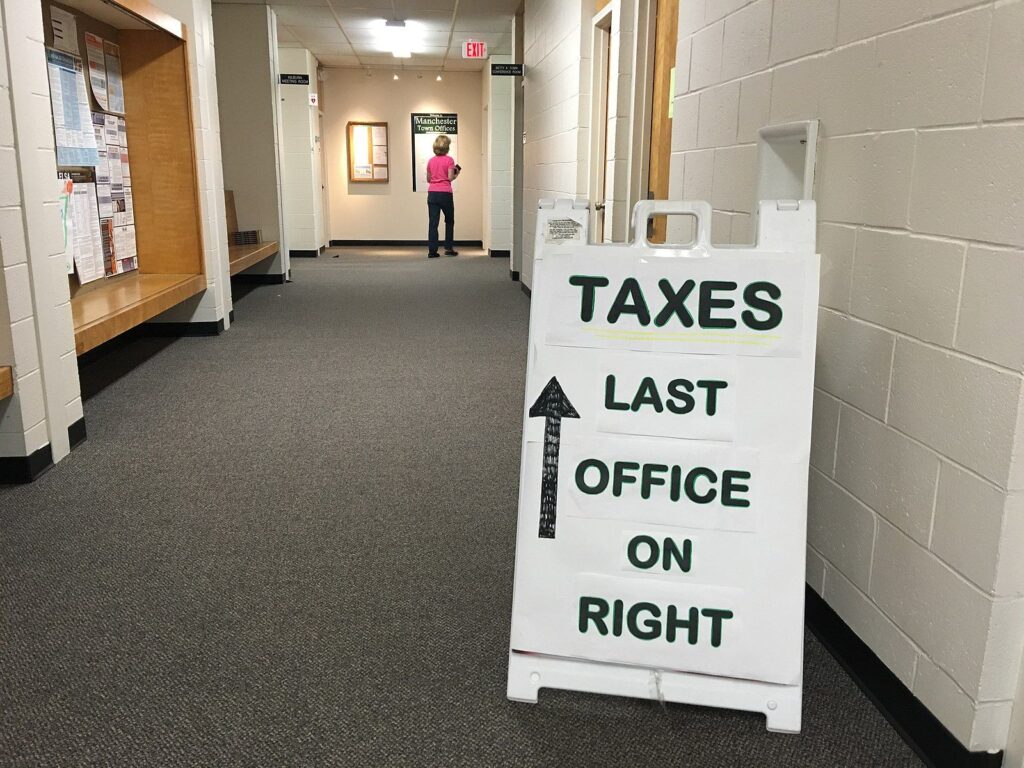2022 SESSION: Majority pushes sweeping agenda, minority sees limited success
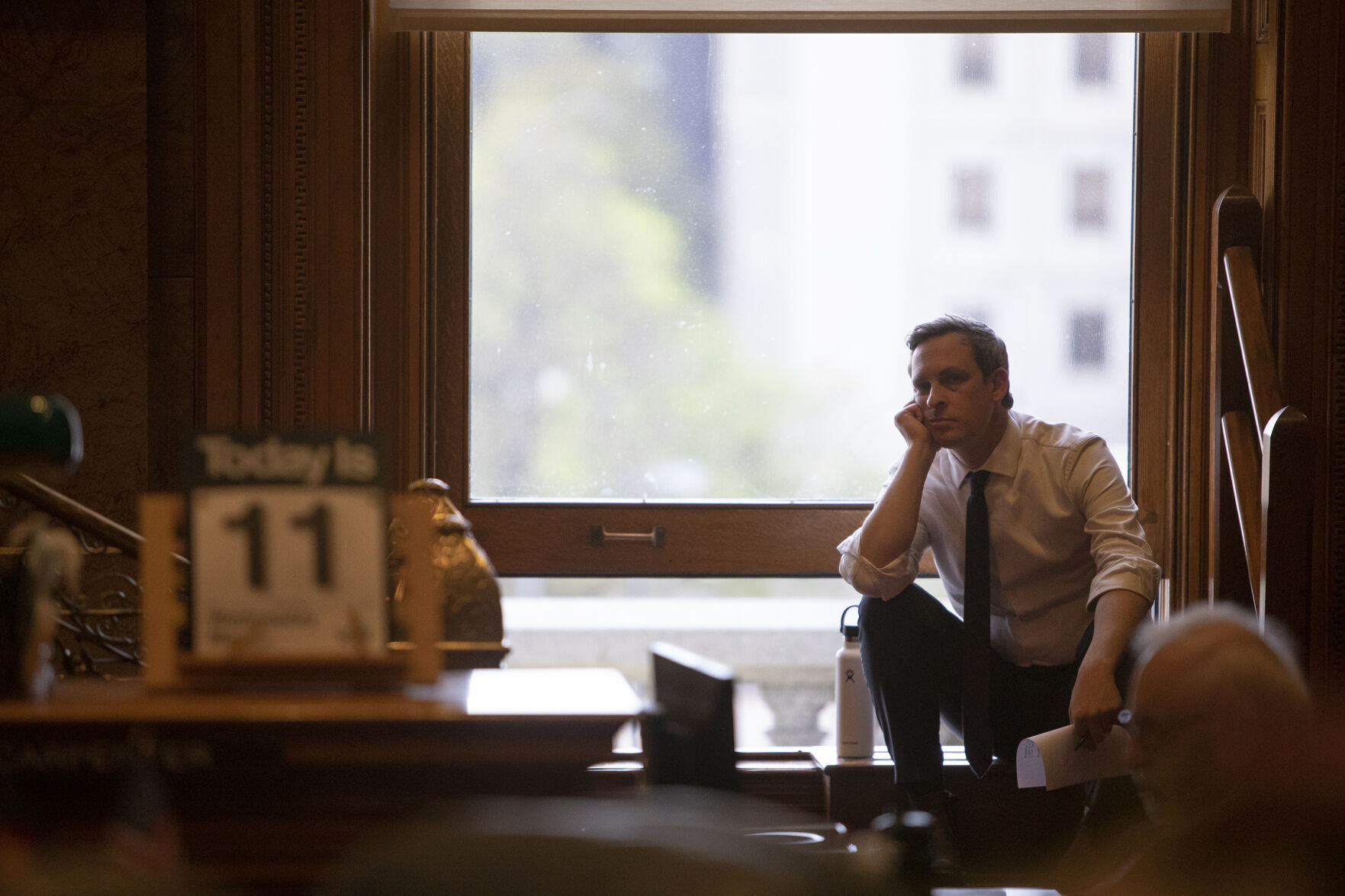
Democrats at the state Capitol pushed a slew of policy priorities they said would save Coloradans money, increase public safety and boost education, and with the party holding the majority in both the House and Senate – in addition to the governor’s seat – their agenda achieved relatively easy success in the recently-concluded 2022 session.
“We started this legislative session with a once in a lifetime chance to transform the lives of Coloradans and meet the needs of our growing state,” said Majority Leader Sen. Dominick Moreno, D-Commerce City. “I’m incredibly proud of the work we did this session to move our state forward and create lasting change that will benefit Colorado families for generations to come.”
Democrats passed several bills offering Coloradans fiscal relief in the form of small cuts in costs, such as lowering or stabilizing fees for vehicle registrations, gas taxes, drivers’ licenses, business filings and professional licenses. Larger savings are expected from a few other measures, such as House Bill 1304, which invests $178 million in building affordable housing, and House Bill 1359, which provides low-interest loans and credit for low-income families financially affected by the COVID-19 pandemic.
On public safety, Polis and Democratic legislators rolled out a $113 million policy package they said would make Colorado a national leader for safety in the next five years. The bills include Senate Bill 145, which funds $30.5 million in law enforcement grant programs; Senate Bill 5, which allocates $5 million to recruit and retain law enforcement; House Bill 1003, which spends $4.2 million on youth crime prevention; and Senate Bill 1, which earmarks $10.3 million on improving neighborhood designs in high-crime areas to discourage crime and promote community.
The legislature also passed supplemental funding for the Department of Education and the Department of Higher Education, as well as numerous other measures on education access. The bills include implementing universal preschool, expanding in-state college tuition, increasing funding for special education and waiving tuition for some foster care students.
The minority party didn’t fare as well, with only five of the Colorado Republican Party’s 44-bill package receiving approval from the legislature. Of the remaining 39 bills, the legislature rejected 34, while three were automatically killed when they were still in committee after Tuesday’s midnight deadline. Two were never introduced.
The successful bills are Senate Bill 118, which encourages the use of geothermal energy; House Bill 1108, which includes vendor names in the online transparency system; House Bill 1057, which waives limits for retired teachers working as substitutes; and Senate Bill 116, which allows professionals licensed in other states to work in Colorado. Polis already signed the last two into law.
Republican lawmakers also pushed Senate Bill 145 to fund $30.5 million in law enforcement grant programs. Not listed in the GOP’s official package, the bipartisan bill incorporates elements from a not-introduced legislation to fund the hiring and retention of police. That bill would have been sponsored by Sen. John Cooke, R-Greeley, who partnered with Sen. Janet Buckner, D-Aurora, to sponsor SB-145 instead.
Some of the party’s biggest losses include House Bill 1062, which sought to exempt prepared food from sales tax; Senate Bill 67, which would have spent $50 million on training law enforcement; House Bill 1059, which would have required two-thirds approval for the creation or increase of fees; and Senate Bill 39, which would have allocated $723 million on repealing the budget stabilization factor for school districts.
